
In the United Kingdom, the Edwardian era was a period in the early 20th century that spanned the reign of King Edward VII from 1901 to 1910. It is commonly extended to the start of the First World War in 1914, during the early reign of King George V.

An apartment, flat, or unit is a self-contained housing unit that occupies part of a building, generally on a single story. There are many names for these overall buildings. The housing tenure of apartments also varies considerably, from large-scale public housing, to owner occupancy within what is legally a condominium or leasehold, to tenants renting from a private landlord.
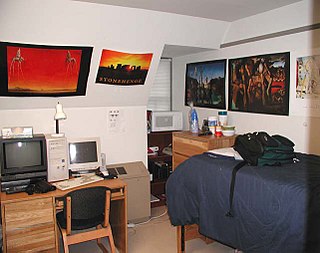
A dormitory, also known as a hall of residence or a residence hall, is a building primarily providing sleeping and residential quarters for large numbers of people such as boarding school, college or university students. In some countries, it can also refer to a room containing several beds accommodating people.

A domestic worker is a person who works within a residence and performs a variety of household services for an individual, from providing cleaning and household maintenance, or cooking, laundry and ironing, or care for children and elderly dependents, and other household errands. The term "domestic service" applies to the equivalent occupational category. In traditional English contexts, such a person was said to be "in service".
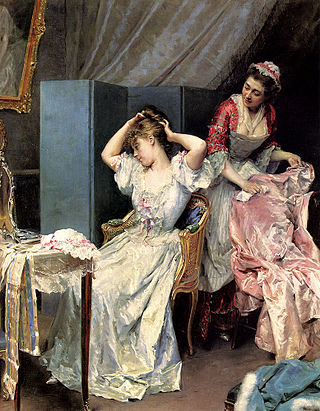
A maid, housemaid, or maidservant is a female domestic worker. In the Victorian era, domestic service was the second-largest category of employment in England and Wales, after agricultural work. In developed Western nations, full-time maids are now typically only found in the wealthiest households. In other parts of the world, maids remain common in urban middle-class households.

A butler is a person who works in a house serving and is a domestic worker in a large household. In great houses, the household is sometimes divided into departments, with the butler in charge of the dining room, wine cellar, and pantry. Some also have charge of the entire parlour floor and housekeepers caring for the entire house and its appearance. A butler is usually male and in charge of male servants, while a housekeeper is usually female and in charge of female servants. Traditionally, male servants were better-paid and of higher status than female servants. The butler, as the senior male servant, has the highest servant status. He can also sometimes function as a chauffeur.
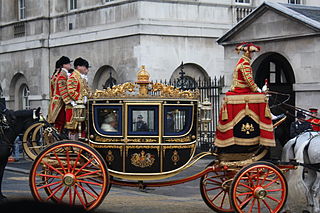
A footman is a male domestic worker employed mainly to wait at table or attend a coach or carriage.

A houseboy is a term which refers to a typically male domestic worker or personal assistant who performs cleaning and other forms of personal chores. The term has a record of being used in the British Empire, military slang, and the male LGBT community.
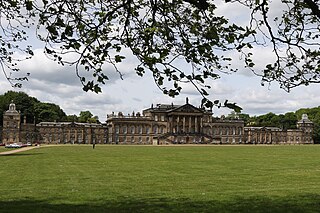
A great house is a large house or mansion with luxurious appointments and great retinues of indoor and outdoor staff. The term is used mainly historically, especially of properties at the turn of the 20th century, i.e., the late Victorian or Edwardian era in the United Kingdom and the Gilded Age in the United States.

The servants' hall is a common room for domestic workers in a great house, typically referring to the servants' dining room.
Master is an English honorific for boys and young men. It is usually abbreviated to MSTR or Mstr.

In great houses, scullery maids were the lowest-ranked and often the youngest of the female domestic servants and acted as assistants to a kitchen maid.

The Edwardian Country House is a British historical reenactment reality television miniseries produced by Channel 4. First aired weekly in the UK beginning in April 2002, it was later broadcast in the United States on PBS stations as Manor House in 2003, where extra footage was added. It is third in a series of historical reality shows produced by Channel 4, preceded by The 1900 House and The 1940s House.

A page or page boy is traditionally a young male attendant or servant, but may also have been a messenger in the service of a nobleman.

Servants' quarters, also known as staff's quarters, are those parts of a building, traditionally in a private house, which contain the domestic offices and staff accommodation. From the late 17th century until the early 20th century, they were a common feature in many large houses. Sometimes they are an integral part of a smaller house—in the basements and attics, especially in a town house, while in larger houses they are often a purpose-built adjacent wing or block. In architectural descriptions and guidebooks of stately homes, the servants' quarters are frequently overlooked, yet they form an important piece of social history, often as interesting as the principal part of the house itself.

A nursery is a bedroom within a house or other dwelling set aside for an infant or toddler.
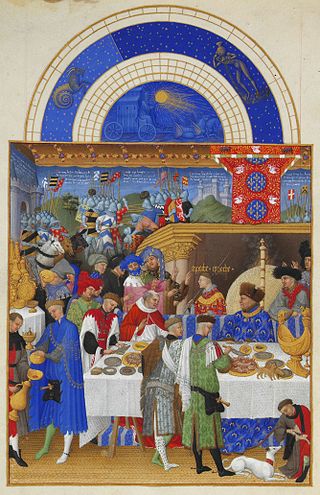
The medieval household was, like modern households, the center of family life for all classes of European society. Yet in contrast to the household of today, it consisted of many more individuals than the nuclear family. From the household of the king to the humblest peasant dwelling, more or less distant relatives and varying numbers of servants and dependents would cohabit with the master of the house and his immediate family. The structure of the medieval household was largely dissolved by the advent of privacy in early modern Europe.
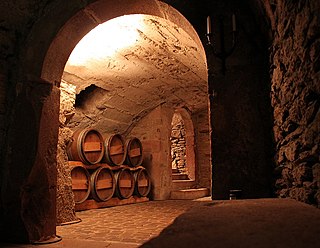
A buttery was originally a large cellar room under a monastery, in which food and drink were stored for the provisioning of strangers and passing guests. Nathan Bailey's An Universal Etymological English Dictionary gives "CELLARIST – one who keeps a Cella, or Buttery; the Butler in a religious House or Monastery." As the definition in John Stevens's The History of the Antient Abbeys shows, its initial function was to feed and water the guests rather than monks: "The Buttery; the Lodging for Guests". In a monastery a buttery was thus the place from which travellers would seek 'doles' of bread and weak ale, given at the exterior buttery door. The task of doling out this free food and drink would be the role of the butterer. At larger monasteries there would also be a basic hostelry, where travellers could sleep for free.

The English House is a book of design and architectural history written by German architect Hermann Muthesius and first published in German as Das englische Haus in 1904. Its three volumes provide a record of the revival of English domestic architecture during the later part of the nineteenth century. The main themes he discusses are history, form and decor.
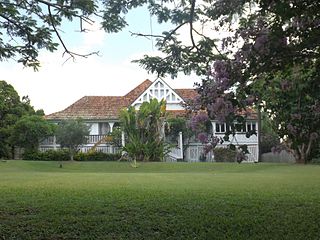
Kitawah is a heritage-listed villa at 59 Heath Street, East Brisbane, Queensland, Australia. It was designed by Robin Dods and built in 1911 for Llewellyn Stephens. It is also known as Wewak. It was added to the Queensland Heritage Register on 23 June 2000.


















